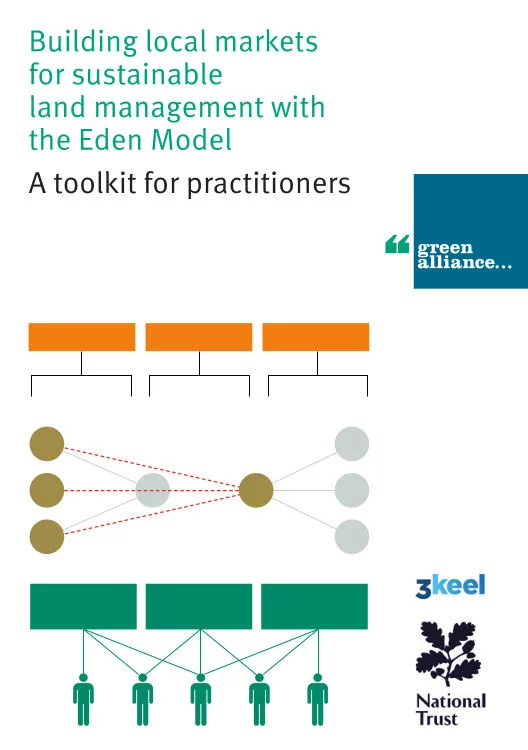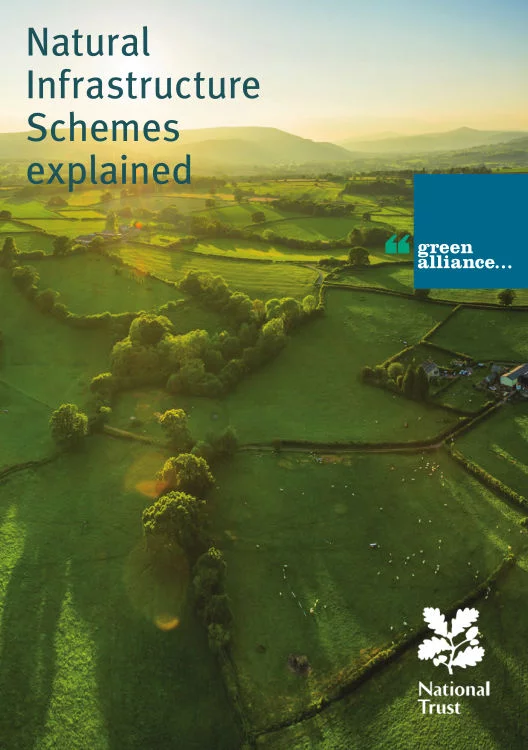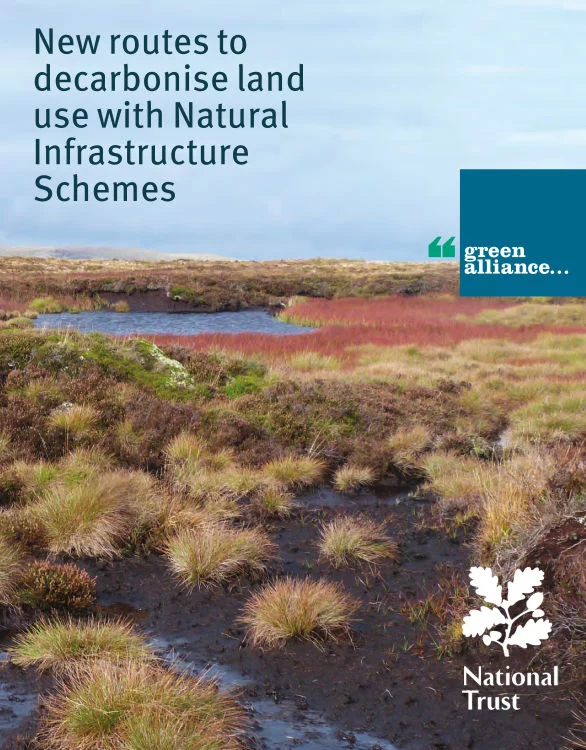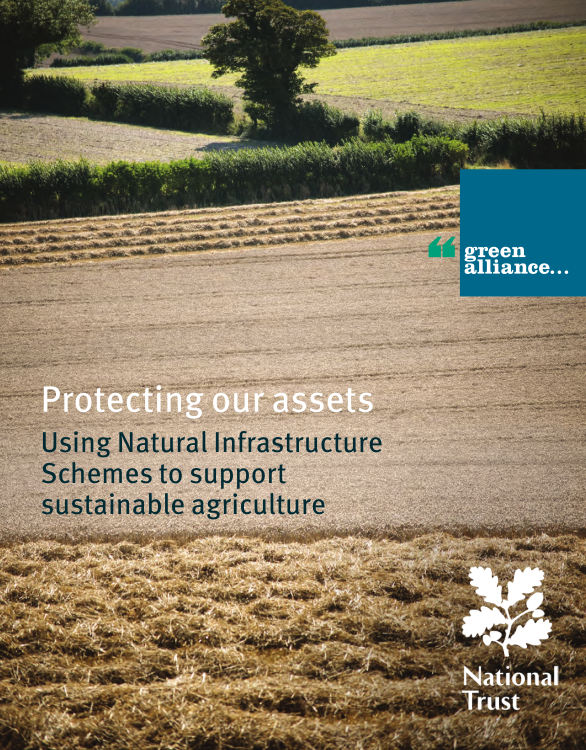Overview
Nature conservation alone has not reversed the long term trends of ecosystem decline and habitat and species loss.
This programme of work looks into the new business cases required to regenerate nature.
This includes:
- Our work with the National Trust to develop Natural Infrastructure Schemes (NIS);
- Our work on The Eden Model demonstration project, supported by Defra and in collaboration with 3Keel, which builds on the business case to accelerate private money for public land;
- Our work on funded by the Esmée Fairbairn Foundation, exploring new policy policies to improve community involvement in decisions around land use change.
Community based land management
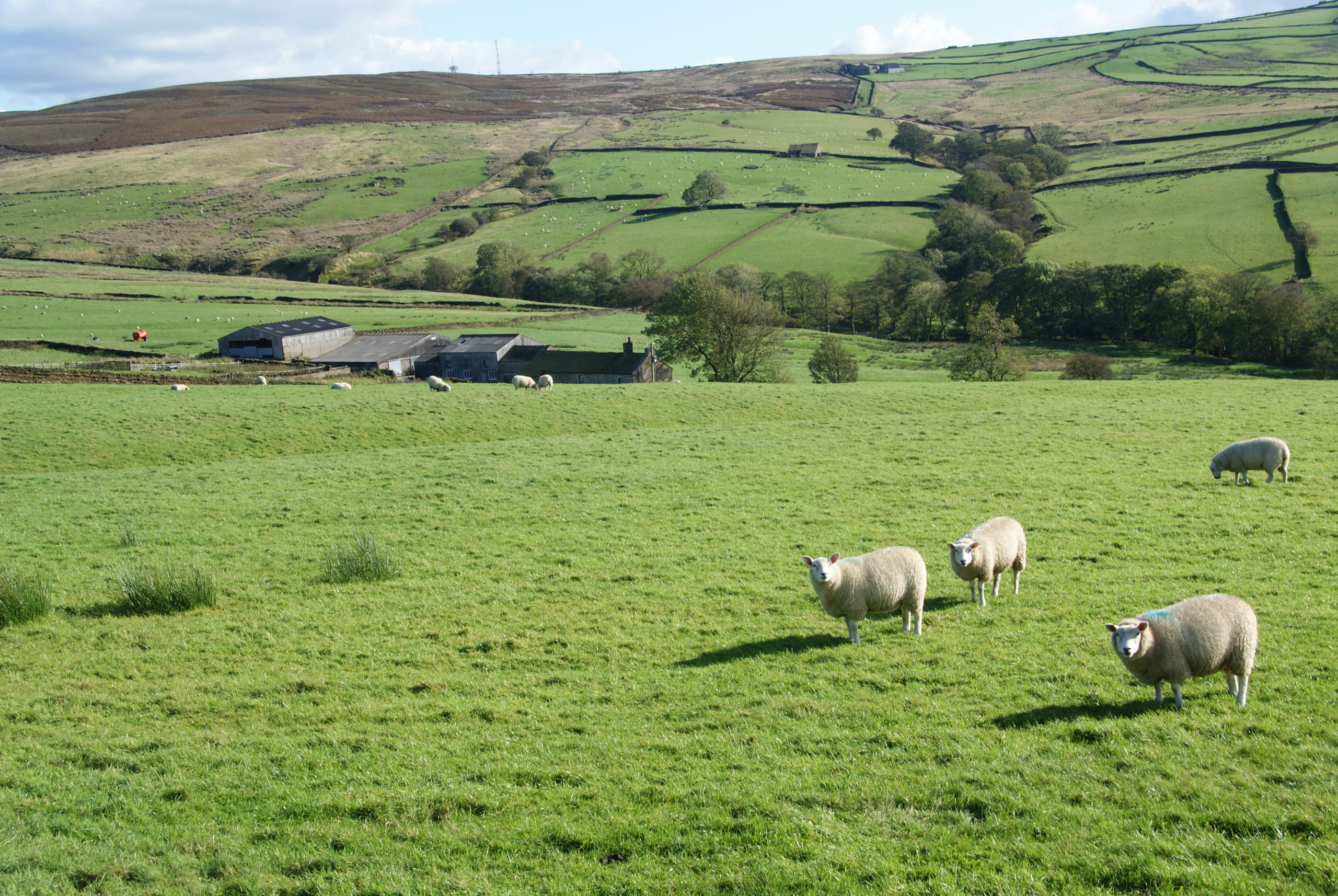
How land is used and managed in the UK is due to change to address the need to reduce emissions and restore nature. Private natural capital investments are starting to play an increasingly significant role in driving land use change. In both England and Scotland, there is ambition to grow private investment in nature to £1 billion a year.
There is strong public support for protecting and restoring the environment. In some places, community groups and local volunteers are driving change themselves by buying land to restore nature. But in other places, investment in natural capital has been more contentious, where corporations buying farms to plant trees for carbon offsetting has been seen as an assault on their local landscape and heritage.
This project, funded by the Esmée Fairbairn Foundation, aims to explore how communities can benefit from these land use changes.
In this podcast episode, we discuss two innovative approaches to giving local communities more control over decisions about what happens to the land around them.
We discussed these approaches with Angela Williams, development manager at Tarras Valley Nature Reserve in Langholm, Scotland and Jenny Phelps MBE, the Farming and Wildlife Advisory Group’s senior farm conservation adviser.
Twin imperatives to tackle climate change and restore nature are leading to policy changes across England, Scotland and Wales which will alter the current pattern of land use and its management. In almost all scenarios, most land in Britain will remain as farmland. But even small changes can cause local controversy and tensions, and this could prevent the scale and pace of change needed to meet environmental targets.
This report examines whether expected changes to land use and management will create a need for new policy and mechanisms to rebalance interests between different communities. We propose three changes that would reduce tensions within communities and make sure their benefits from altering land use and management are maximised.
The role of natural capital
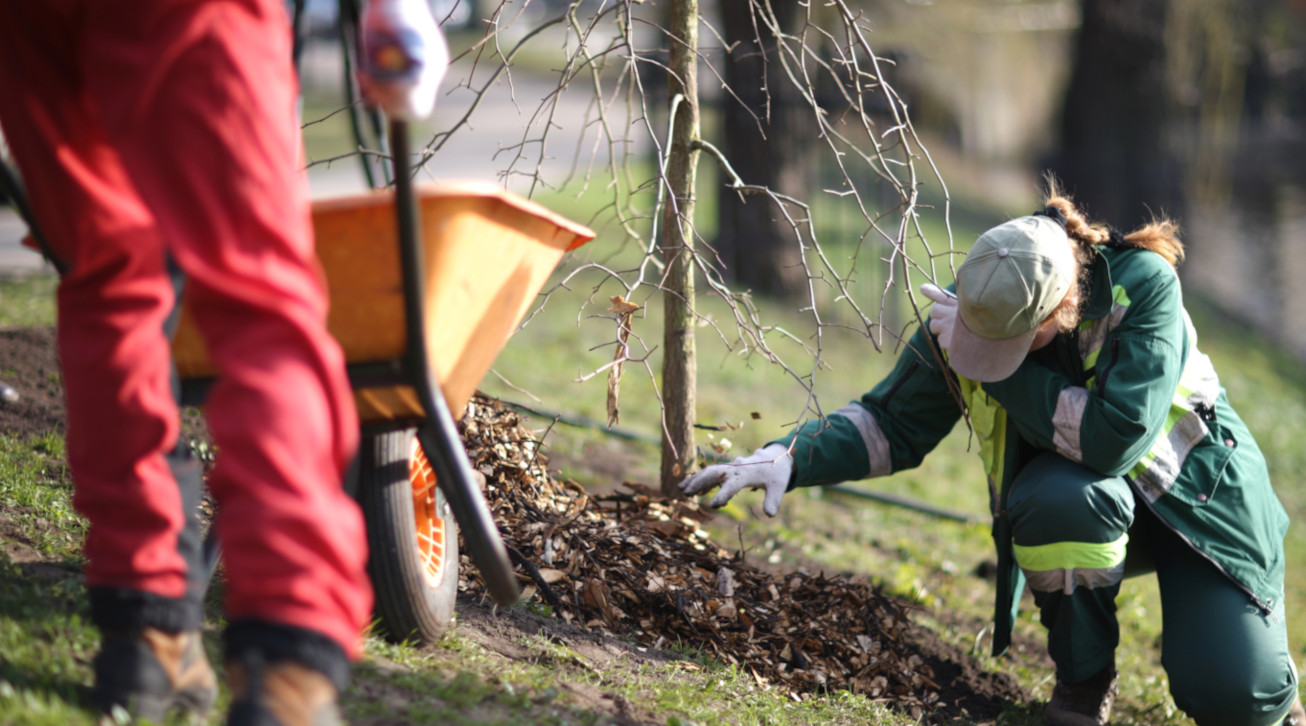
The need to halt and reverse climate change and nature decline is putting new demands on UK land. This opens up new opportunities for the land-based economy, but a flood of new money into rural areas is neither guaranteed, nor will it necessarily support the multiple objectives asked of the land.
In 2016, we set out the business case for why private-public partnerships were important for tackling biodiversity loss, arguing for the government to adopt a strategic combination of both approaches.
Since then, our work has progressed to explore the governance of natural capital, with a focus on private payments, in order to steer natural capital markets in a direction that is good for both people and planet.
Read our reports:
In this report, we argue that some environmentally beneficial interventions will be more investible for business than others. The case for investment is strongest where there are measurable business impacts on the natural capital stock, or where a commercial relationship exists or can be created between the provider and the beneficiary of natural capital. This case is strongest for natural assets such as soil and water.
For other assets such as clean air and biodiversity, where the benefits principally accrue to society at large, continued deployment of conservation instruments, including regulation, incentives and creation of nature reserves, will remain crucial.
In this 2022 report, commissioned by the Oxford Farming Conference, with additional funding from Savills and the Sustainable Agriculture Workstream of the WWF-UK and Tesco Partnership, we explore four scenarios around the governance of natural capital, with a focus on private payments.
We recommend that new governance is needed to steer natural capital markets in a direction that is good for both people and planet, including a new Office for Carbon Removal.
There are many corporations setting net zero targets and looking to carbon removal offsets to help them achieve these goals. There is a potential opportunity for farmers and land managers to take advantage of a new income stream selling carbon credits.
However, there is uncertainty about how much carbon can be sequestered in an agricultural setting in soils, hedges and on-farm trees. Furthermore, measuring the amount of carbon stored, and ensuring it remains stored in the long term are particularly challenging in an agri-carbon context.
In this report we review the scientific evidence on different interventions for sequestering carbon on working farms, and outline the challenges that need to be addressed in order for there to be a credible and sustainable market for agri-carbon.
Natural Infrastructure Schemes
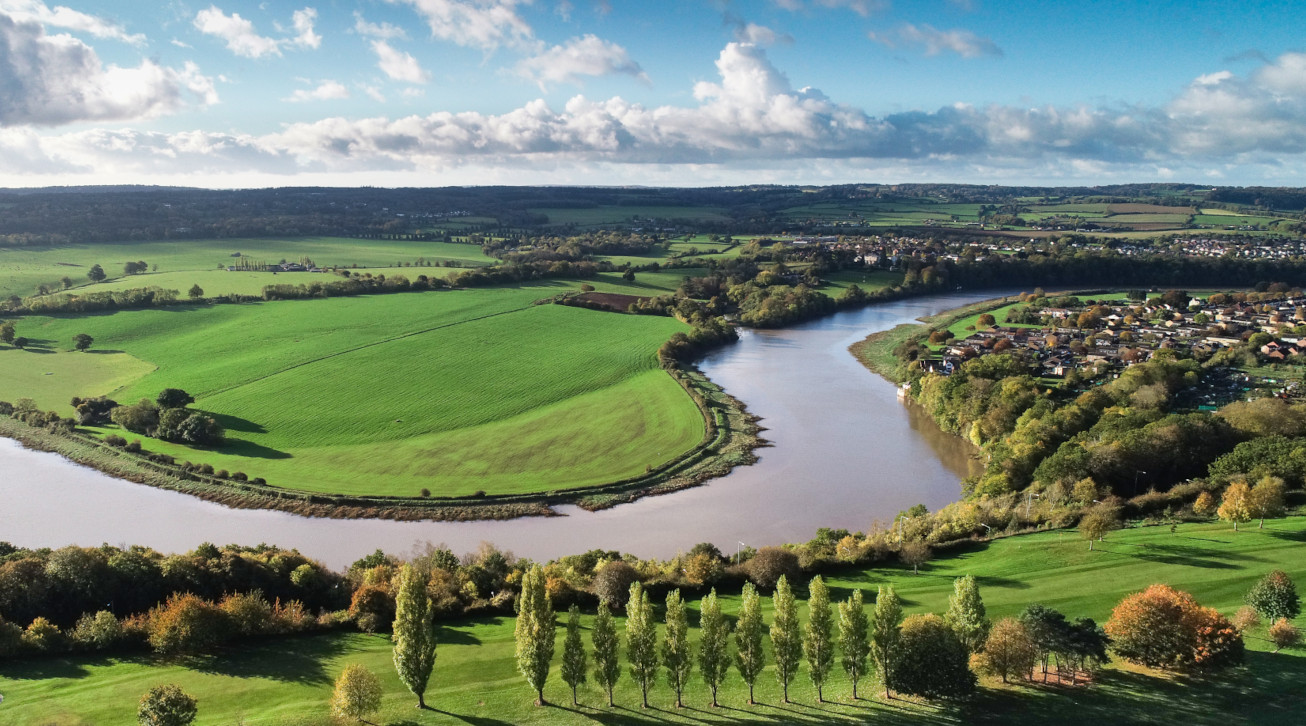
Farmers are in a unique position to restore and protect the natural environment, but there are currently limited commercial rewards for providing natural services from their land, such as flood relief.
In partnership with the National Trust, we developed a concept known as a Natural Infrastructure Scheme (NIS), which brings together groups of farmers or other land managers to sell ecosystem services from their land to private beneficiaries. We are trialling this concept through farmers selling ecosystem services to ensure the provision of cleaner and slower flowing water to those downstream.
Read our reports:
We introduce the Natural Infrastructure Scheme (NIS): a new payment mechanism which establishes natural markets to bring new income streams into farming.
This report makes recommendations for how the government, alongside private endeavour, could accelerate the creation of these viable markets for ecosystem services.
We analyse the economic viability of NIS transactions using a hypothetical scheme in North West England. We investigate the possibilities of England’s upland farmers earning new income by entering into private water management contracts with businesses and organisations in areas susceptible to flooding. The buying organisations would also see savings and many others would benefit from the reduction of flood risks.
We look at the potential to use NIS to improve soil and water quality in the Anglian river basin.
In this case study, land management services are purchased from a consortium of participating farmers by a group of buyers, which include the local water company, and businesses from the food and drink sector.
In light of new agricultural policy after Brexit, we investigate how the new environmental land management (ELM) system for farmers could support the emergence of complementary private markets, such as NIS, for environmental goods and services from farmland.
We outline how the NIS could also be used to achieve land based carbon reductions.
We argue that offering land based carbon credits alongside other marketable benefits, through the NIS mechanism, will increase both the number of projects that can contribute to climate change mitigation, and the environmental value of privately funded schemes which help to deliver the goals.
For our final report, we produce a short explainer on NIS. We explain how a NIS would work, why it is needed and what government support is needed to kickstart a NIS market.
The Eden Model demonstration project
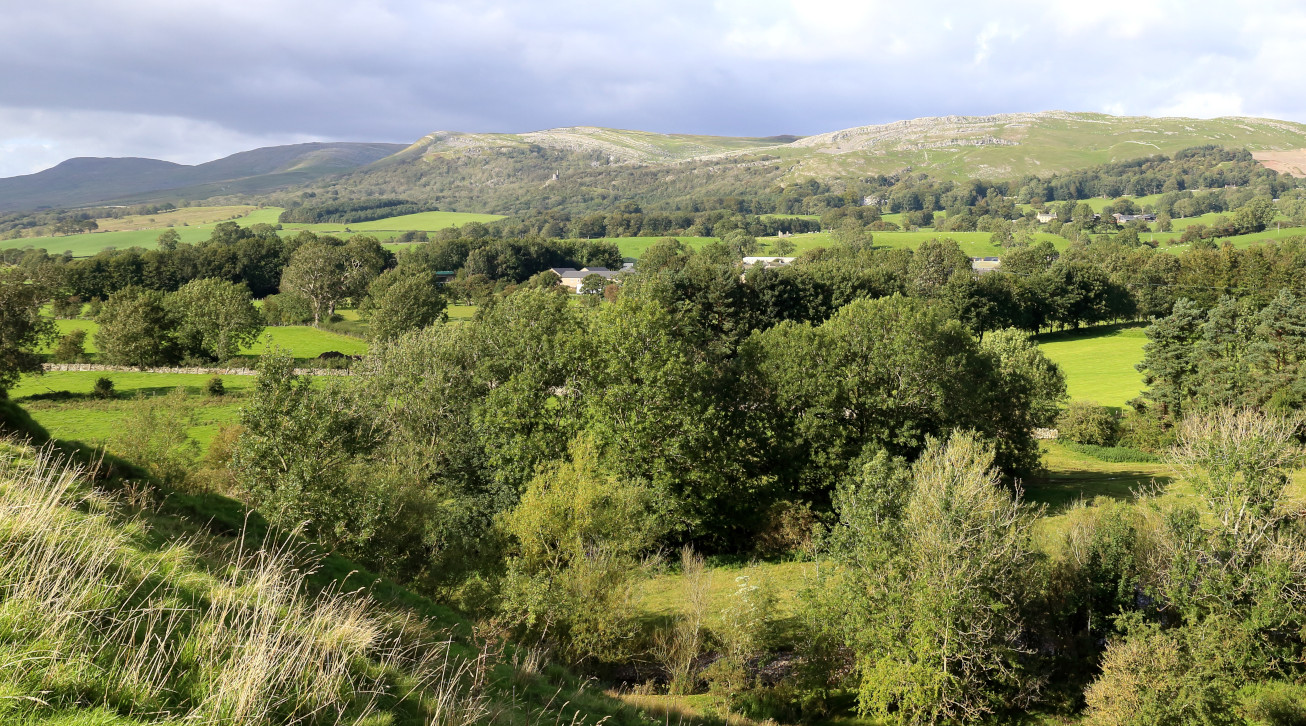
The Eden Model demonstration project in the Eden Valley, Cumbria is expanding on payments for ecosystem services to showcase a replicable system that enables multiple buyers to work together to purchase a variety of environmental benefits from sustainable land management interventions.
This model builds on previous work by the core partners in the project, including the Natural Infrastructure Scheme concept, and the Landscape Enterprise Networks (LENs) approach developed by 3Keel.
With support from the Department for Environment, Food and Rural Affairs (Defra), we have also explored how private payments and public funding together can be used effectively under the government’s new Environmental Land Management system, which is supporting landowners to manage land in line with environmental priorities.
We set out the Eden Model demonstration project in the Eden Valley, Cumbria, which expands on payments for ecosystem services.
The project aims to showcase a replicable system that enables multiple buyers to work together to purchase a variety of environmental benefits.
This toolkit uses our experience from the Eden Model trial to provide a guide, for those interested in conducting trade, to the steps necessary for transactions involving multiple beneficiaries and suppliers. It offers a flexible system for the private procurement of sustainable land management outcomes, which operate at an area scale and can be replicated around the country.
Partners
We are grateful to the following partners for supporting this work:




